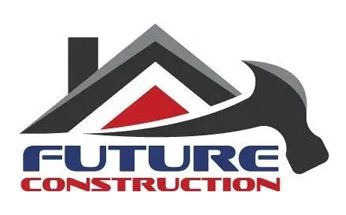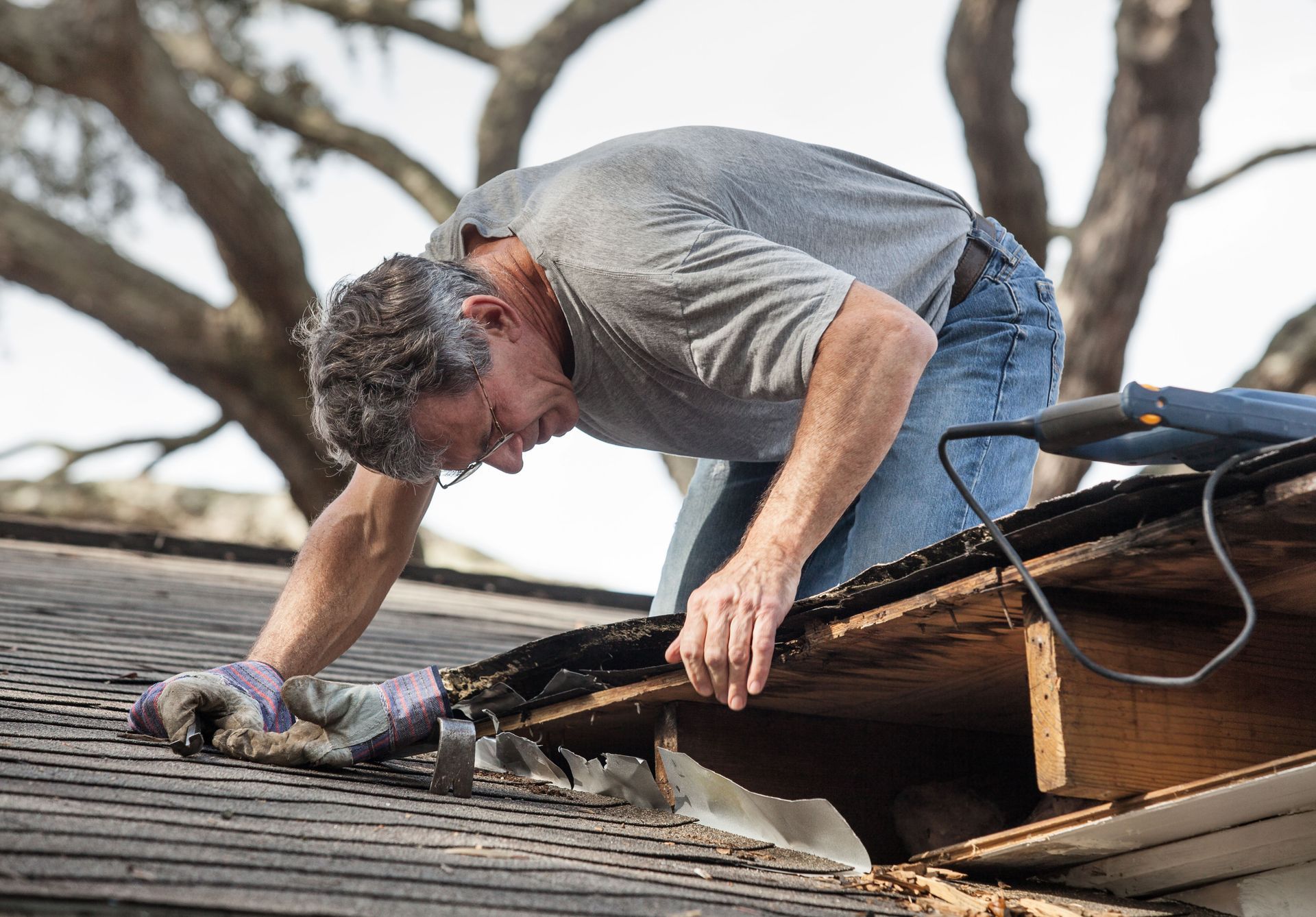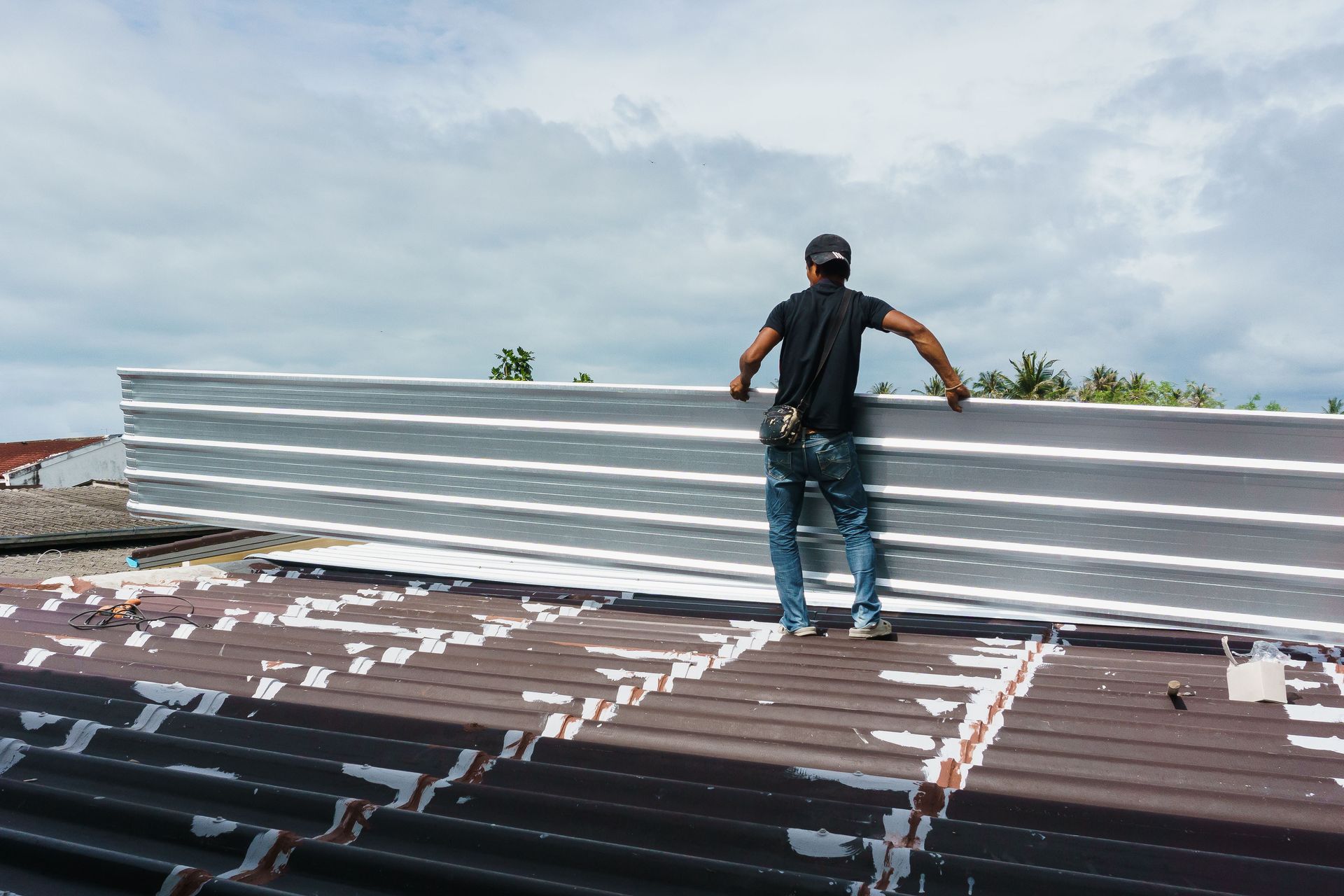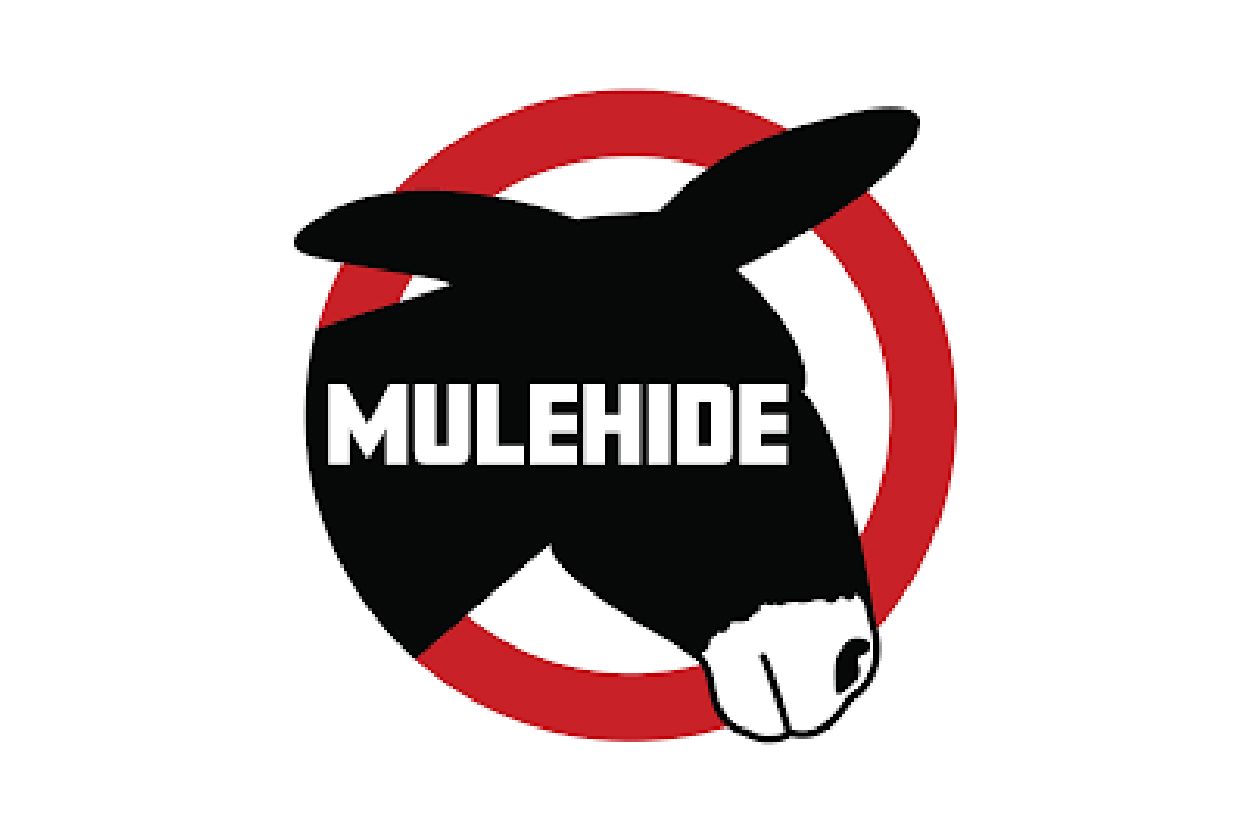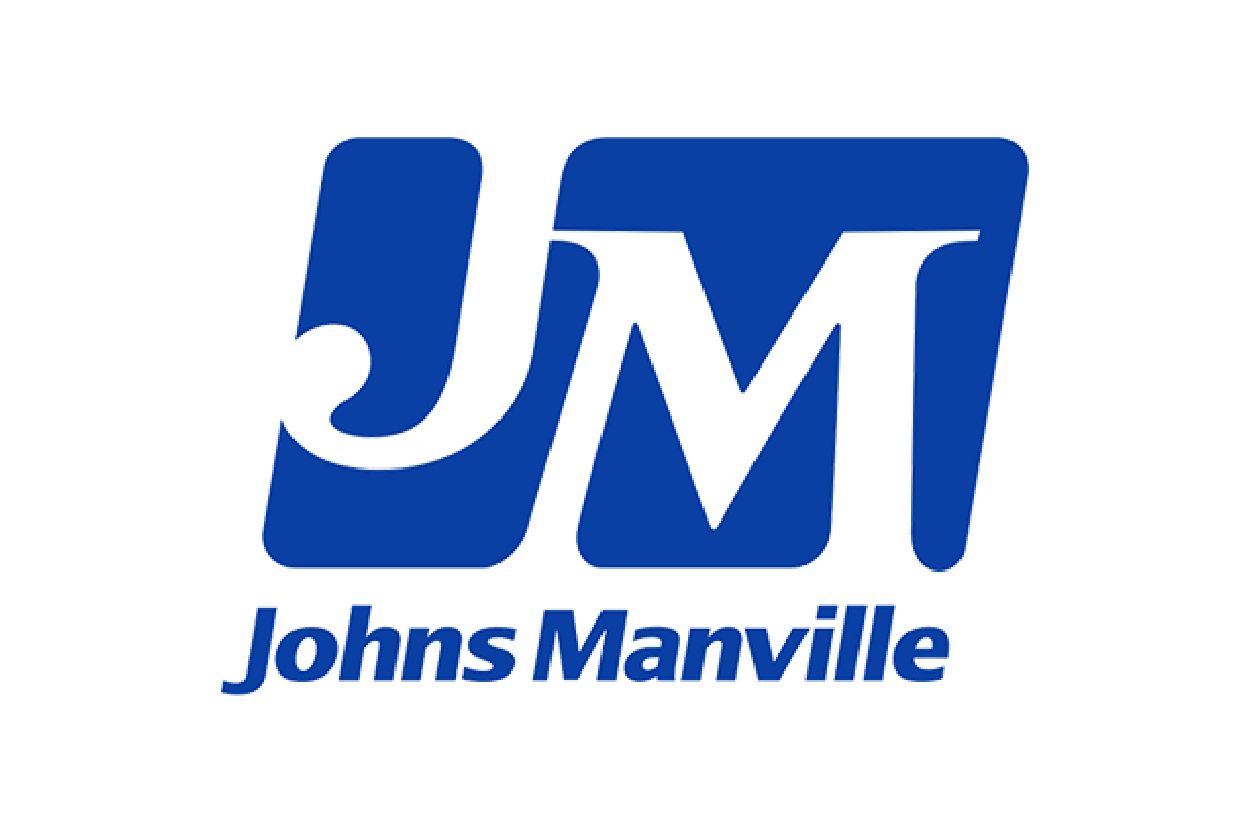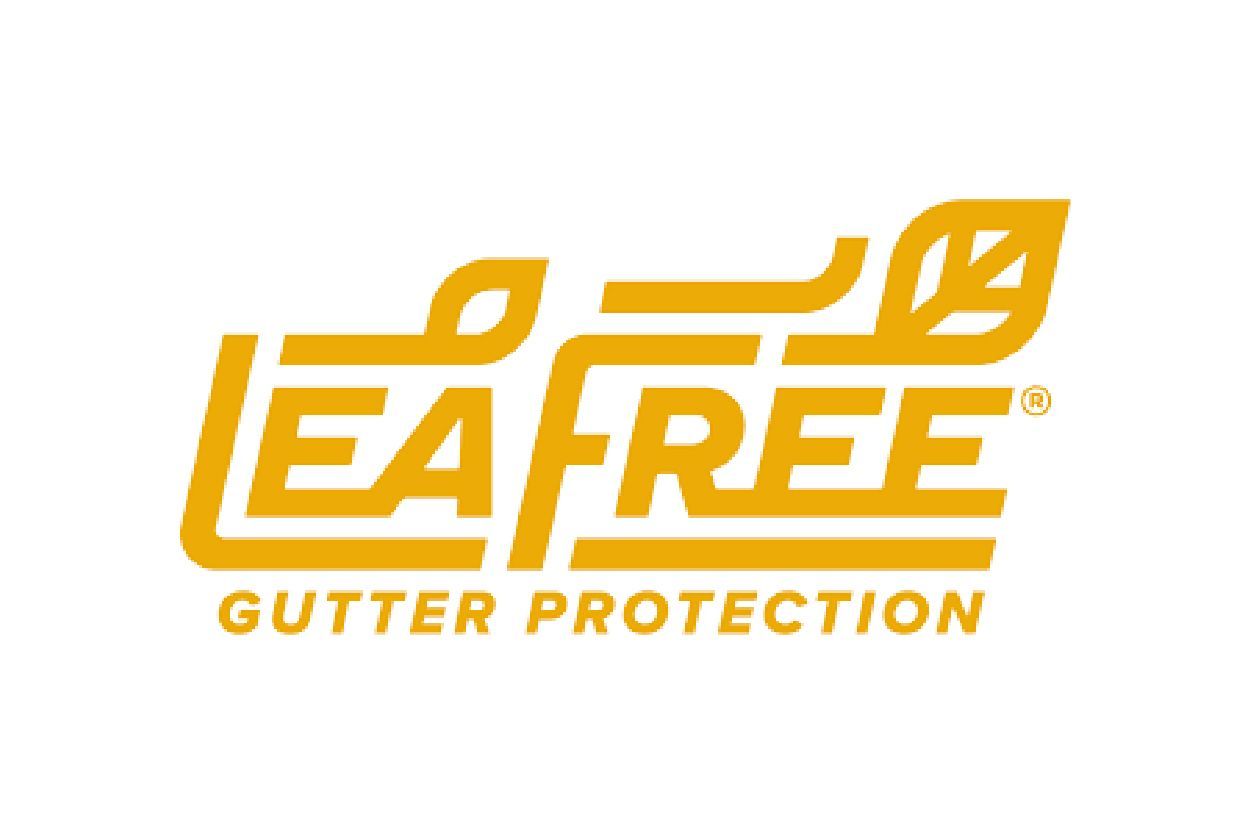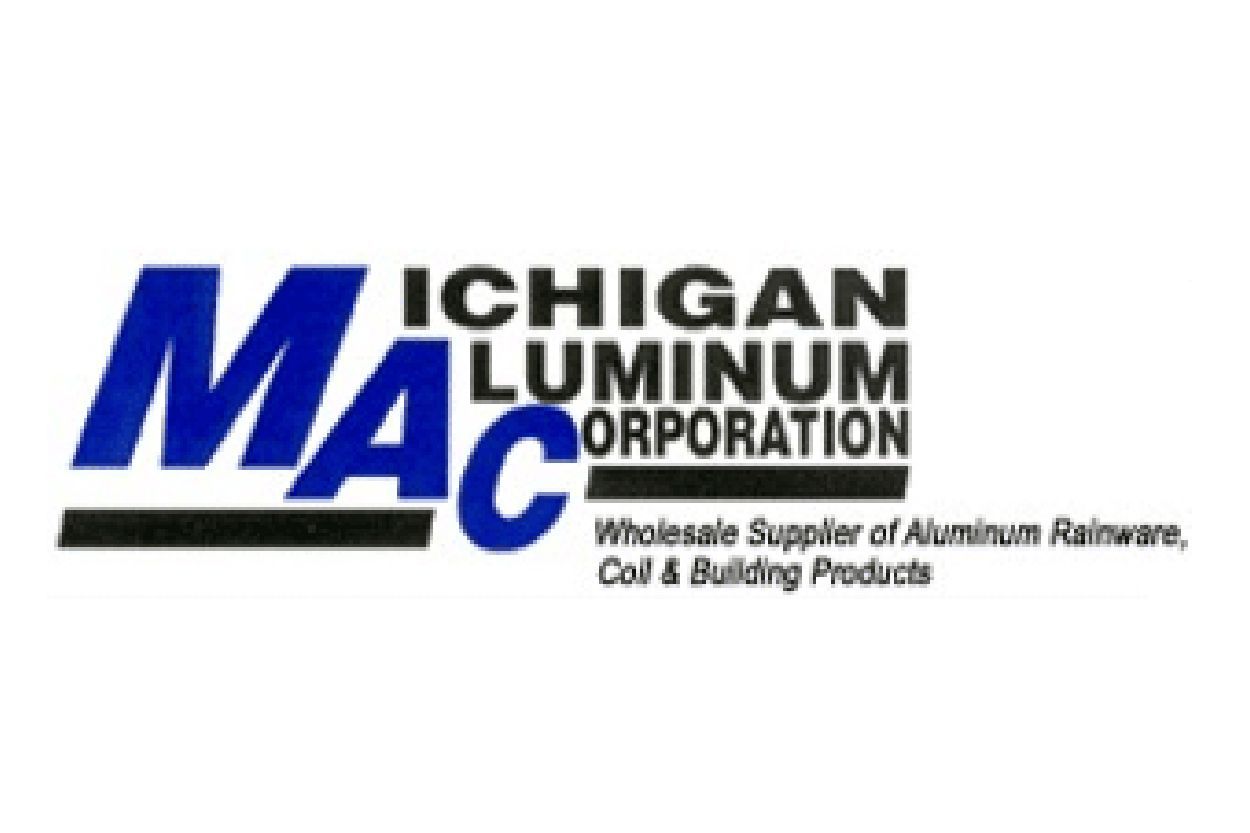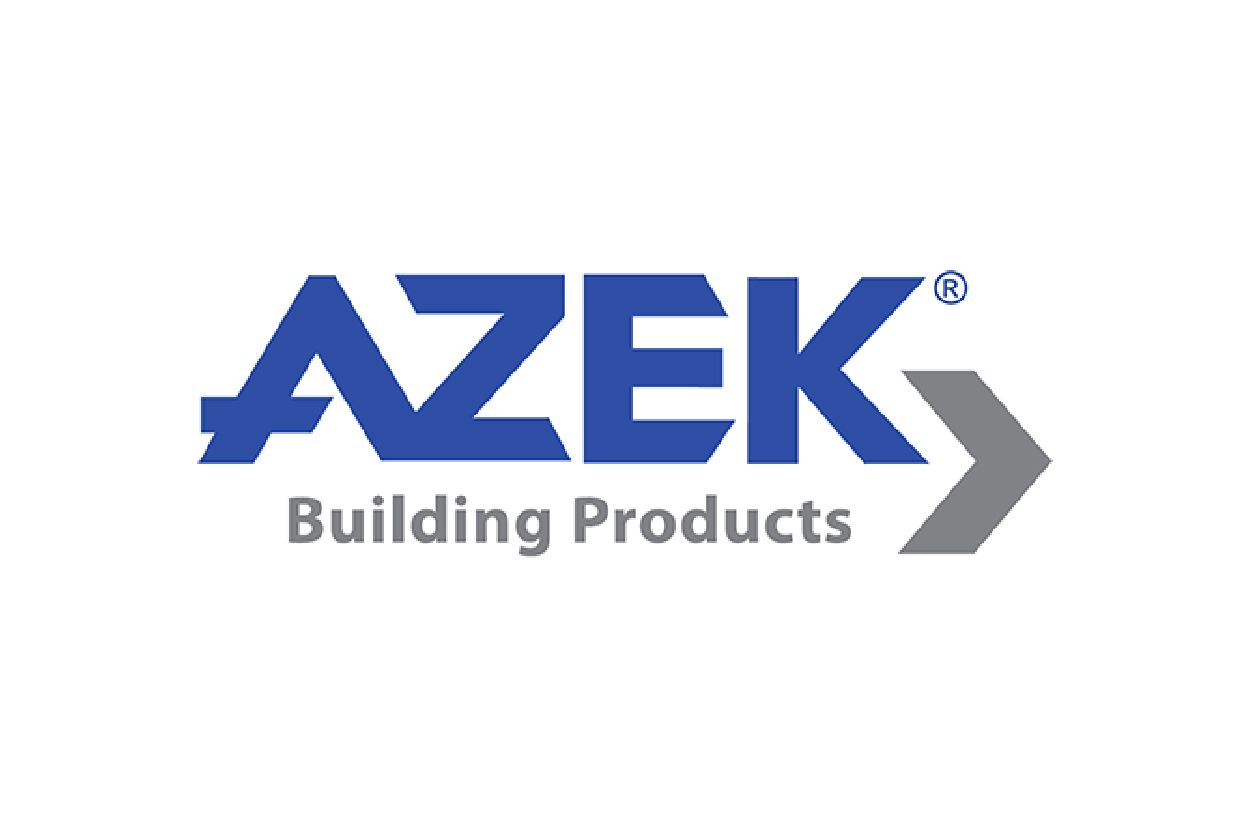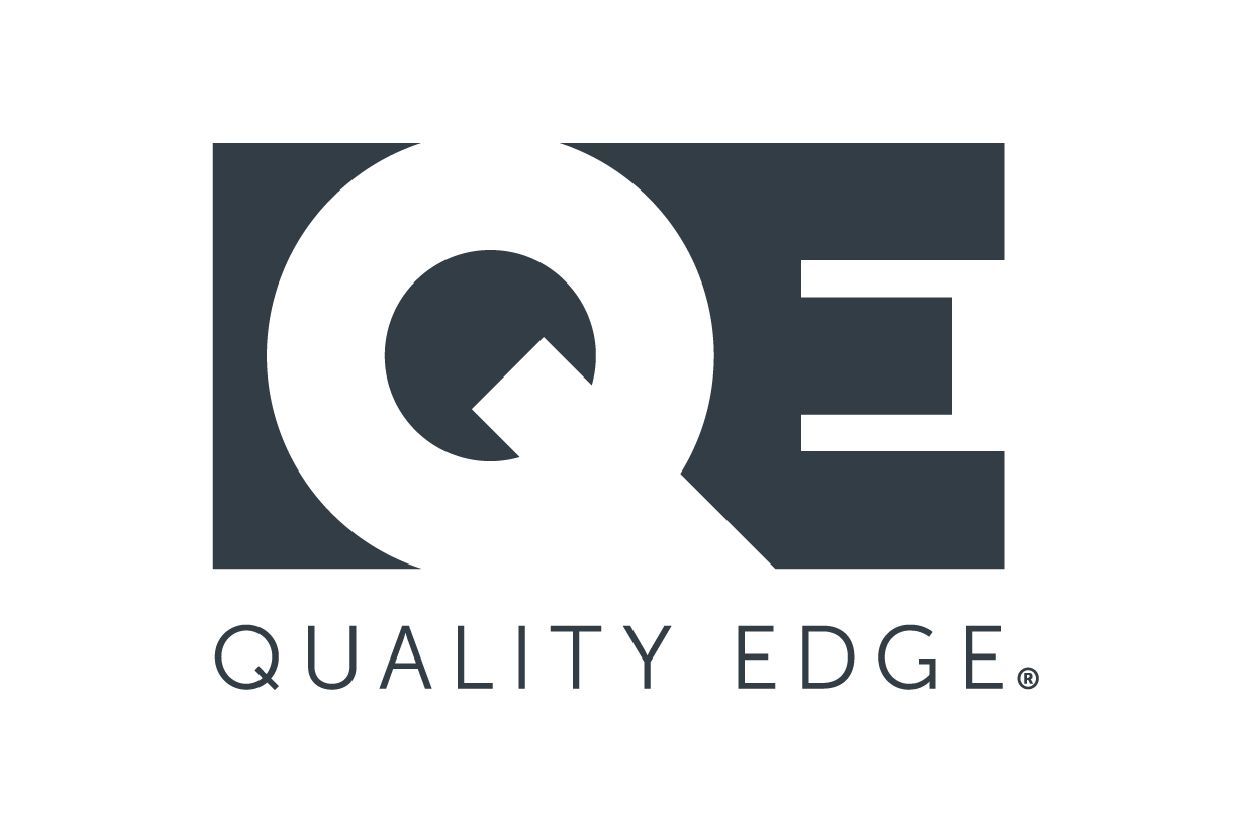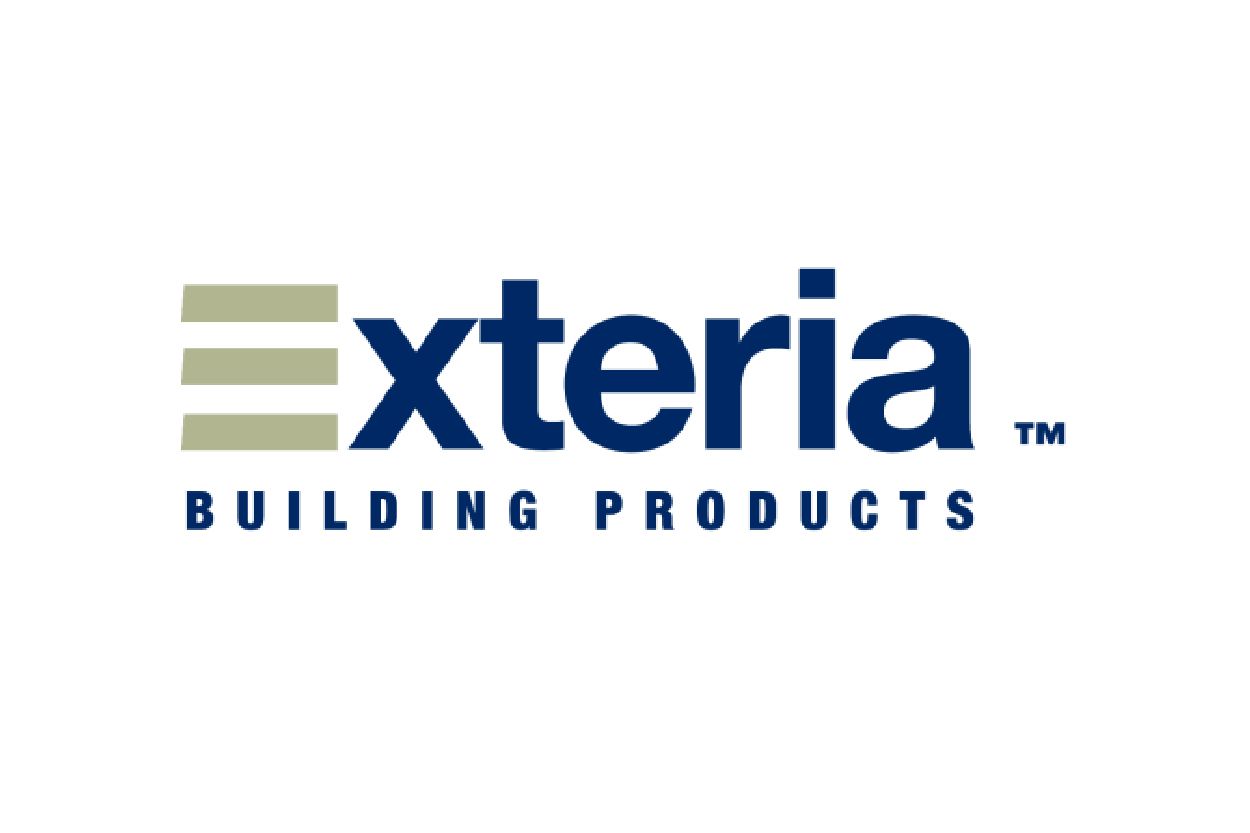September 23, 2025
Choosing the right roofing contractor is a critical decision that can have long-lasting effects on the integrity of your home and budget. Given the substantial investment involved, it is essential to vet potential contractors thoroughly by asking insightful questions. Failing to inquire about credentials, experience, and processes can lead to costly mistakes, making it imperative to approach the selection process methodically to safeguard your investment.
1. Are You Licensed and Insured?
Ensuring that a roofing contractor is licensed and insured is crucial because it not only demonstrates their credibility and professionalism but also protects you from liability in the event of an accident. Licensing indicates that the contractor meets specific standards and complies with local regulations, which is vital in an industry projected to be worth over $50 billion by the end of 2025, according to Workyard. Verifying insurance coverage, particularly workers' compensation and liability insurance, means any injuries or damages on the job site will be covered, protecting you from potential lawsuits or additional expenses.
Consequences of hiring unlicensed contractors can be severe, such as subpar work that may not adhere to building codes, leading to future repairs or even fines. It's important to know where to verify a contractor's licensing and insurance details, which can typically be done through your state's contractor licensing board or a similar regulatory body. Warning signs that should raise concern include a contractor hesitating to provide their licensing information or offering unverifiable coverage, as well as records of complaints with licensing authorities.
Ultimately, you want to avoid any red flags in licensing and insurance information that might indicate a lack of professionalism or compliance. Take the extra steps to verify the contractor’s credentials thoroughly. This diligence can prevent problems down the line, ensuring your investment in a new roof is protected by a qualified professional operating within the boundaries of the law.
2. Can You Provide References from Previous Clients?
References are a crucial part of the contractor selection process as they provide insight into the quality of work and customer satisfaction from a firsthand perspective. When a contractor readily offers references, it is a positive sign that they are confident in the services they provide and have a track record of successful projects. Speaking with past clients can help you gauge whether the contractor delivers on their promises and meets deadlines, reducing the likelihood of future disputes.
When reaching out to a contractor's references, it’s beneficial to ask specific questions like, "Was the project completed on time?" and "Did the contractor communicate effectively throughout the process?" Such questions can reveal the strengths and weaknesses of the contractor's working style. Feedback from past clients should be taken seriously, particularly any recurring themes or complaints that could indicate underlying issues such as delays or poor workmanship.
If a contractor cannot provide ample references, consider whether there might be reasons behind the lack of feedback, such as inexperience or unsatisfied clients. In cases where references are not available, seek alternative forms of validation like online reviews or testimonials. Consistently positive feedback across multiple platforms can help bolster your confidence in the contractor’s abilities.
3. What is Your Experience with My Type of Roof?
Roofing projects can vary greatly depending on the material and design, making it essential to inquire about a contractor's specific experience with your type of roof. The U.S. roofing market, with its diverse materials and applications, requires contractors to adapt to evolving techniques and standards to remain competitive. Identifying whether a contractor has prior experience with your roofing material and style ensures they are familiar with the nuances and installation requirements.
It’s also important to understand any special requirements for your roofing material, such as particular installation techniques or maintenance needs, that the contractor should be aware of. For instance, the handling of slate or metal roofing involves different skills and tools compared to traditional asphalt shingles. Drawing examples of similar completed projects can assure you that the contractor has successfully managed comparable tasks, adding credibility to their claims of expertise.
Lastly, inquire about how the contractor's experience might impact costs, as seasoned professionals might command higher fees but can also offer efficiencies gained from specialized knowledge and a lower likelihood of errors. An experienced contractor often means fewer complications and adjustments during the project, providing you with peace of mind and budget stability.
4. How Do You Handle Unexpected Repairs or Complications?
Even with thorough preparation, roofing projects are prone to unforeseen issues that can arise once work begins. Common complications might include discovering outdated materials or structural damage that wasn't initially visible. Understanding how your roofing contractor handles these situations is crucial to avoiding feeling blindsided when additional repairs are required.
A contractor's problem-solving approach can reveal much about their professionalism and experience. You should determine whether they are proactive and flexible in dealing with unexpected challenges, or if they tend to pass delays or extra costs to you without consultation. Learning how previous clients' issues were managed can offer insights into the contractor's communication style and willingness to find solutions.
Flexibility in pricing for extras is also critical for budget planning. Discussing contingency plans and negotiating terms for unexpected work in advance can prevent disputes over costs. Establish open lines of communication with your contractor to ensure they keep you informed during repair processes, fostering a cooperative and transparent working environment.
5. What is the Project Timeline?
Timelines in roofing projects are critical in minimizing disruption to your home life and ensuring project costs are controlled. An estimated duration provided by your roofing contractor allows you to plan accordingly and sets clear expectations from the outset. Factors like the scope of the project, weather conditions, and staff availability will inherently affect the timeline and should be discussed in depth.
Ensuring the timely completion of work is vital, especially given the volatility of the roofing market, where demand can lead to delays. Penalties for project delays should be negotiated and defined in your contract to incentivize the contractor to adhere to agreed-upon schedules. Typically, this includes setting specific milestones, procedures for reporting delays, and agreed-upon consequences should deadlines not be met.
Weather can significantly impact your roofing schedule, with rain and snow being obvious disruptors in roofing work. Planning with your contractor regarding weather contingencies and discussing how such delays will be handled can prevent misunderstandings down the road. Be sure to have these conversations before contracts are signed to solidify timelines and prepare for potential changes.
6. What Warranties Do You Offer?
Understanding the warranties offered by your roofing contractor is essential for future peace of mind, particularly regarding the shingles or roofing materials installed. Warranties can provide coverage for defects in materials and give homeowners assurance that their investment is protected against premature wear or failure. Knowing the specifics of the warranty, including its duration and what it covers, helps set realistic expectations for maintenance and potential repairs.
Clarifying the terms of a shingle warranty also helps streamline future service, as you will know what is covered and how to address issues if they arise. While coverage is typically limited to the materials themselves, having clear information ensures you are prepared for any necessary follow-up.
Finally, asking your contractor about the process for claiming warranty work can prevent headaches down the line. Ensure the contractor explains how claims are handled, including timelines and any documentation required. Understanding these details allows you to evaluate the protection offered and feel confident in the long-term durability of your roof.
Choosing the right
roofing contractor involves asking essential questions to ensure you hire a qualified professional who can complete the project to your satisfaction. Verification of licensing and insurance, obtaining references, assessing specific roof expertise, understanding response measures to complications, clarifying project timelines, and being aware of warranties are all pivotal to a successful roofing project. By addressing these areas thoroughly, you significantly mitigate risks and enhance the likelihood of a smooth and well-executed roofing job, ultimately safeguarding your property and investment. If you need a roof, don't hesitate. Call Future Construction today!

